Navigation auf uzh.ch
Navigation auf uzh.ch
In this series we portray some of the people, most of whom work behind the scenes and make our everyday life in research, teaching and administration at GIUZ possible. We also introduce you to some of our young or visiting scientists and their fascinating research topics.
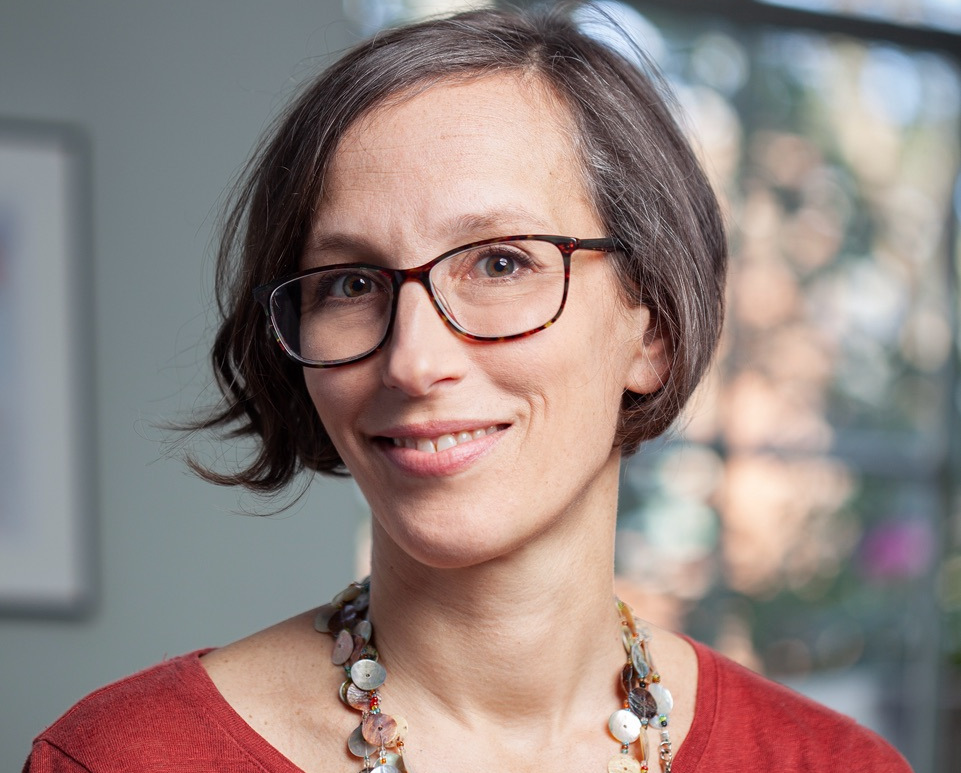
Leigh Johnson is a Verena Meyer Visiting Professor at GIUZ in the academic year of 2023/2024. She talks about her research and teaching, why she chose GIUZ for her sabbatical and what she will miss when she leaves Zurich.
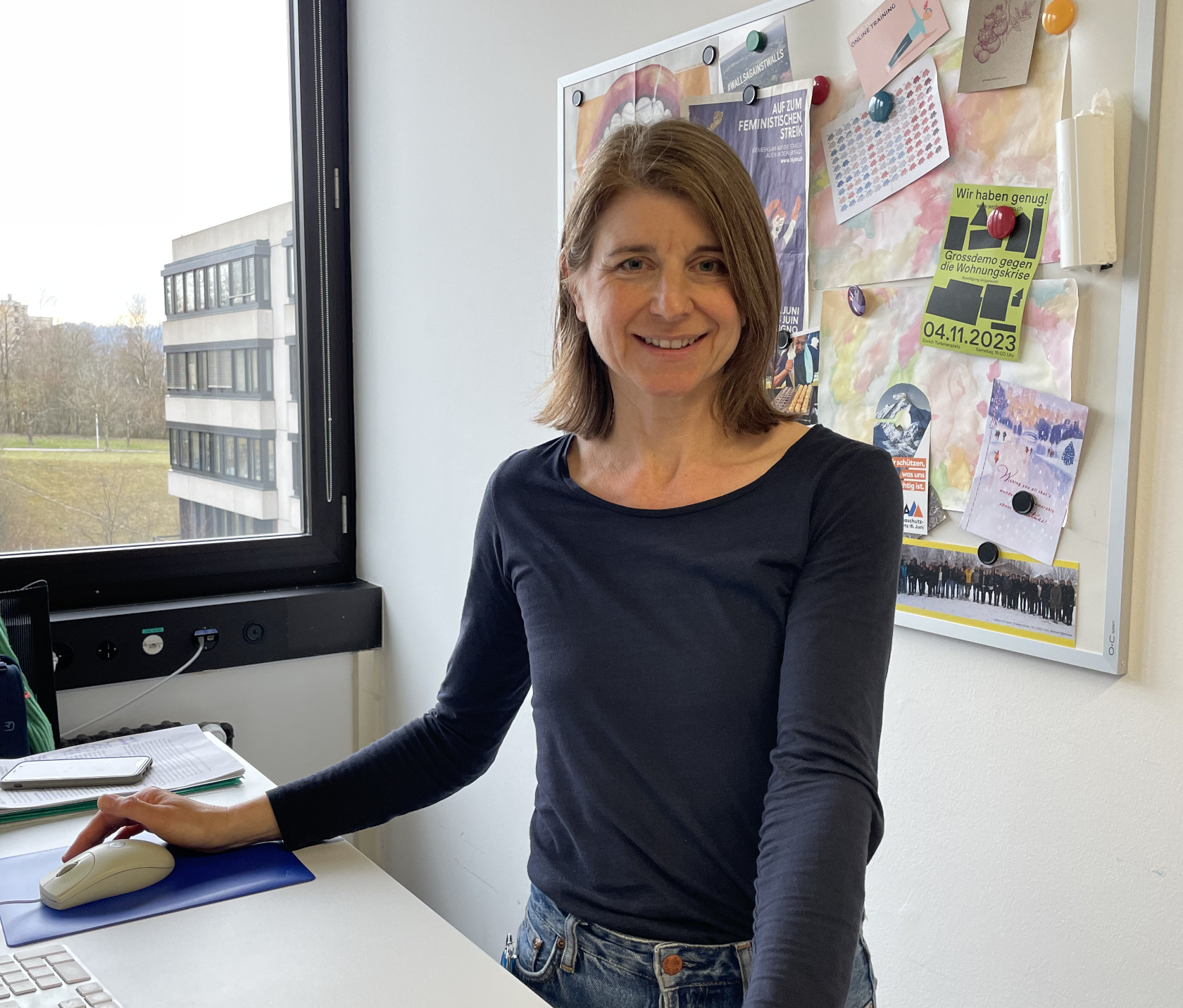
As part of the support infrastructure of any organization, administrative staff take on different hats and juggle various responsibilities. To learn more about the myriad of administrative tasks, I met up with Corinne Wyss and discussed her work.
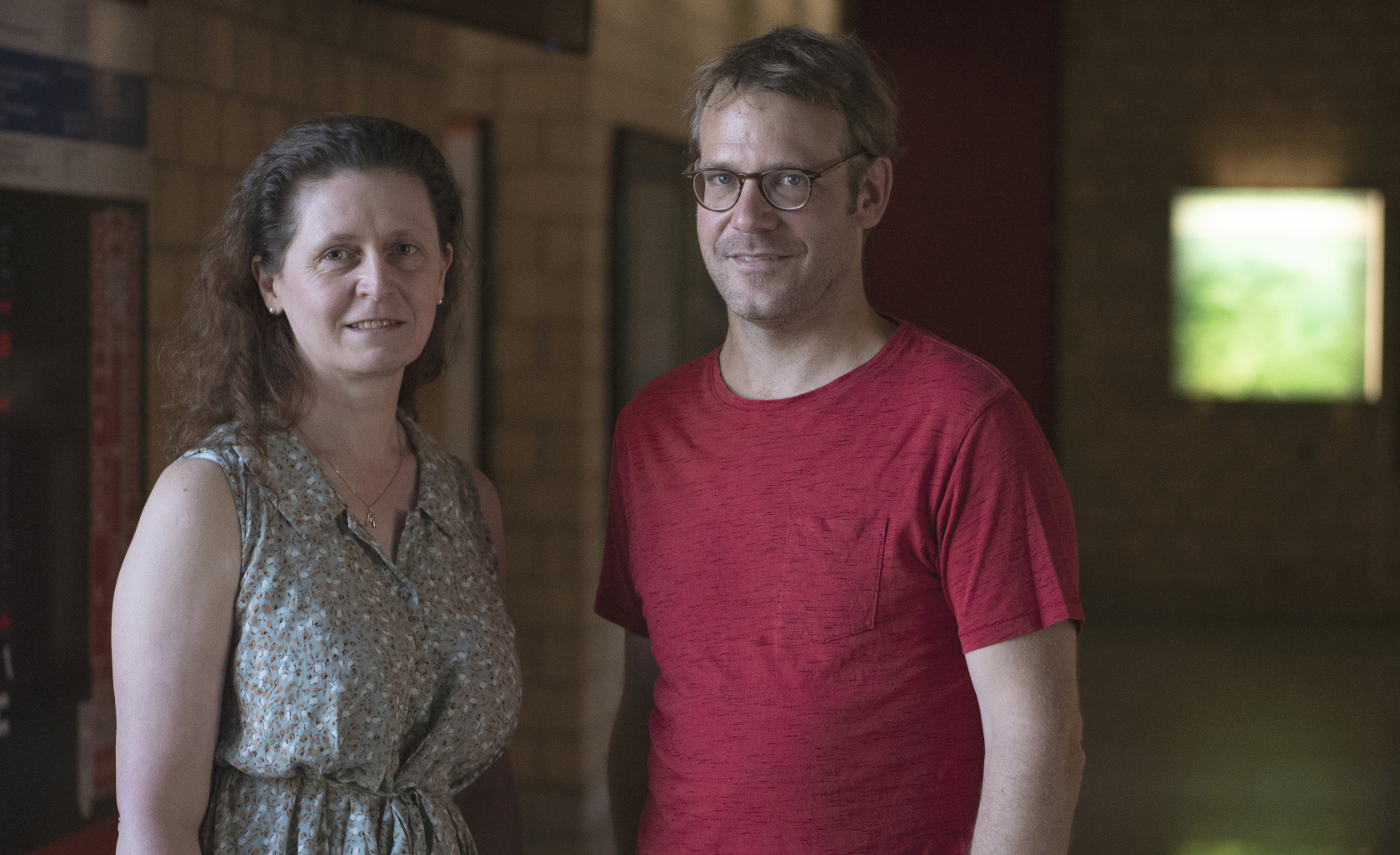
Next in our series looking at some of the more hidden roles at GIUZ, we talked to Lukas Japp and Yvonne Wagener from our Human Resources team. Together, Lukas and Yvonne handle hundreds of staff-related questions in GIUZ every year. But who are they and what do they do? We dropped by and asked them a few questions ...
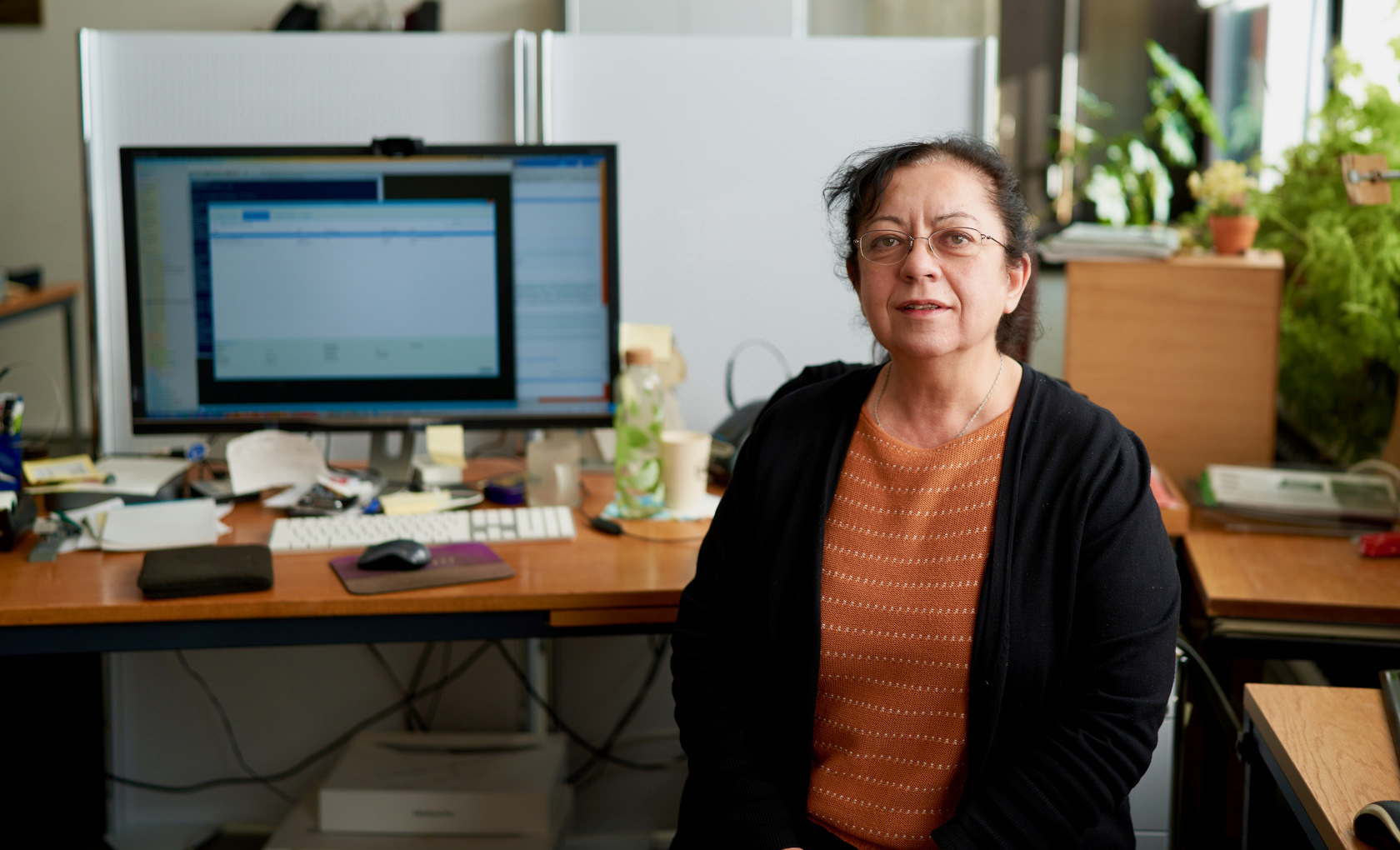
For us users, everything runs smoothly at GIUZ. We have access to our emails and data from anywhere in the world, the IT infrastructure for our courses is up and running. But who is actually behind it? Roya Soleymani Kohler talks about her work as part of the IT team at GIUZ.
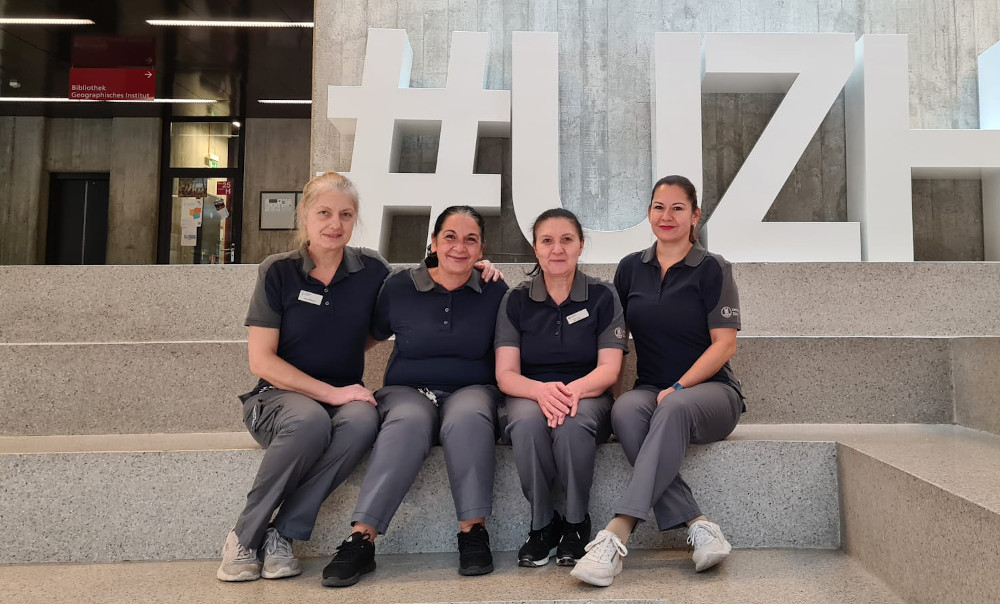
Have you ever asked yourself why the dust on your desk or the dirty spots on your office floor have disappeared? Who is responsible for the clean toilets and the shiny stairs? I met Andrea Mendez and talked with her about the work she is doing as part of the cleaning team at GIUZ.
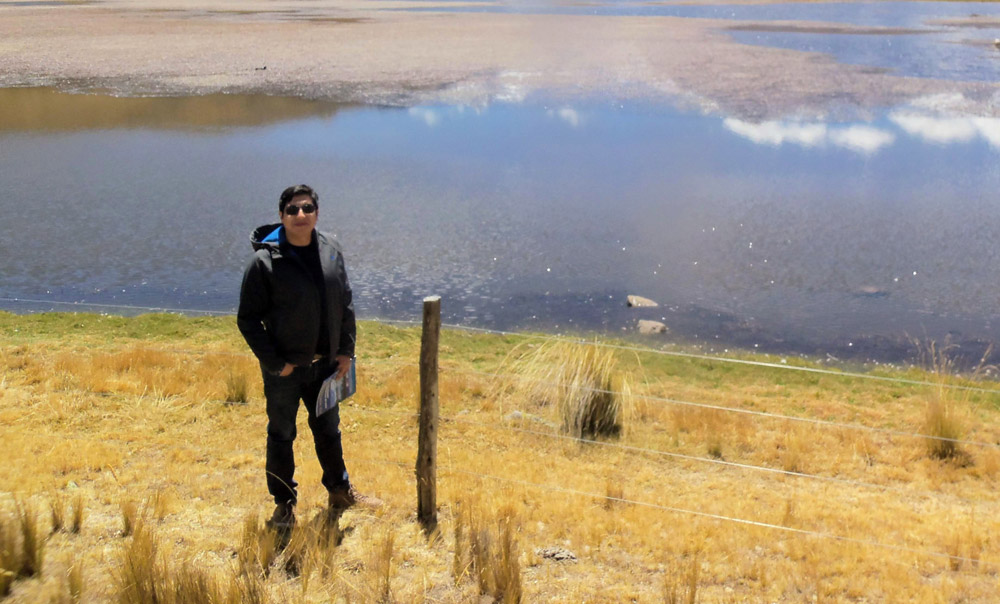
Glacier retreat in the Andes has serious impacts on water availability for downstream populations. Water management policies must take social factors into account. PhD candidate Randy Muñoz Asmat combines hydrologic modelling with local community consultation.
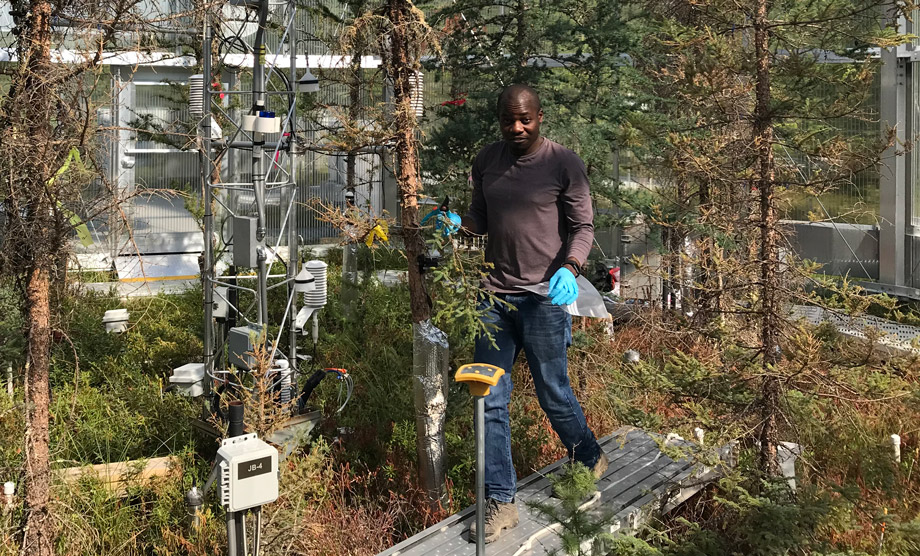
Soil is one of the largest carbon storages on earth - but can be a massive producer of greenhouse gases. Nicholas Ofiti examines this precarious balance in the face of climate change in his PhD thesis.
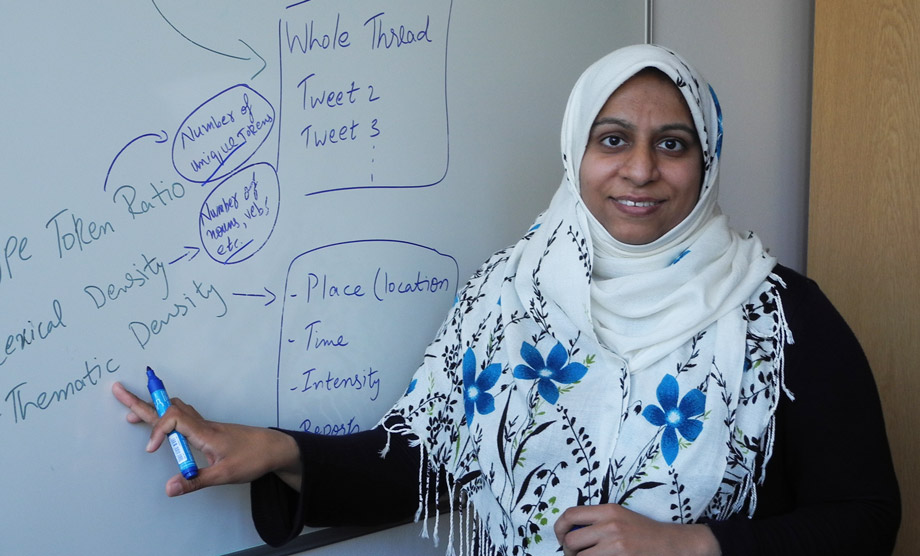
Retrieving information from tweets during natural disasters can save lives. PhD student Kiran Zahra collaborates with linguists and international organizations to develop the appropriate methods.
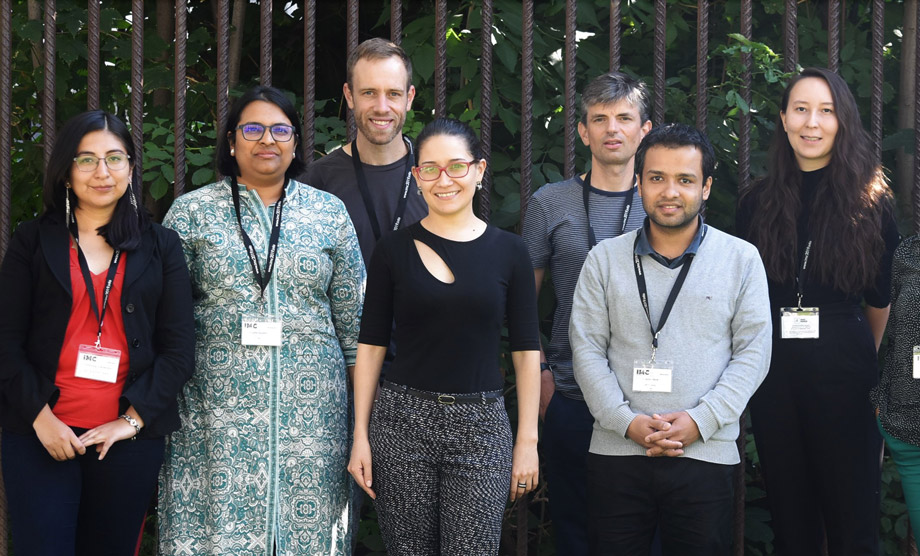
Climate change and its consequences pose even greater challenges to developing countries than industrialized countries. But these countries are severely underrepresented in bodies assessing the relevant science. A training program for early career researchers at GIUZ takes counteraction.
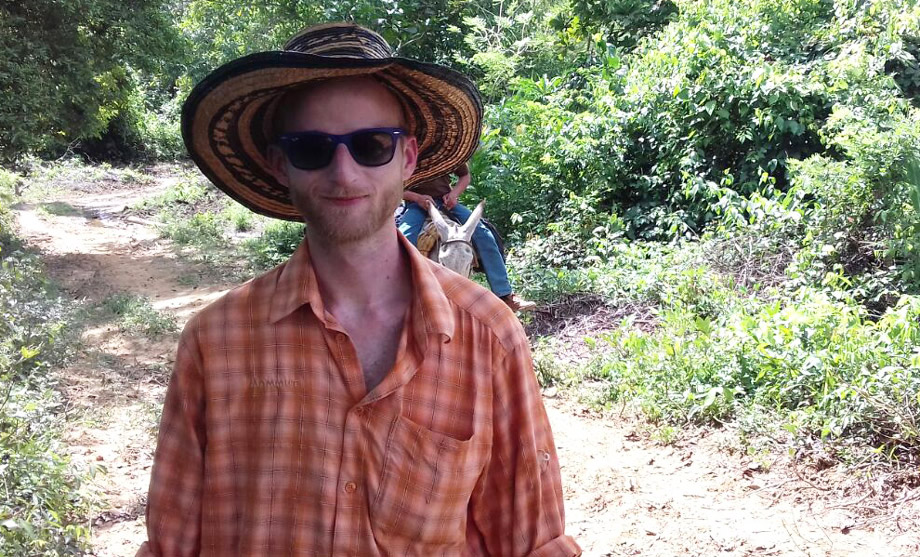
Gold mining in Colombia is deeply entangled with decades of internal armed conflict. Various interests clash. PhD student Christoph Kaufmann is researching sustainable solutions.
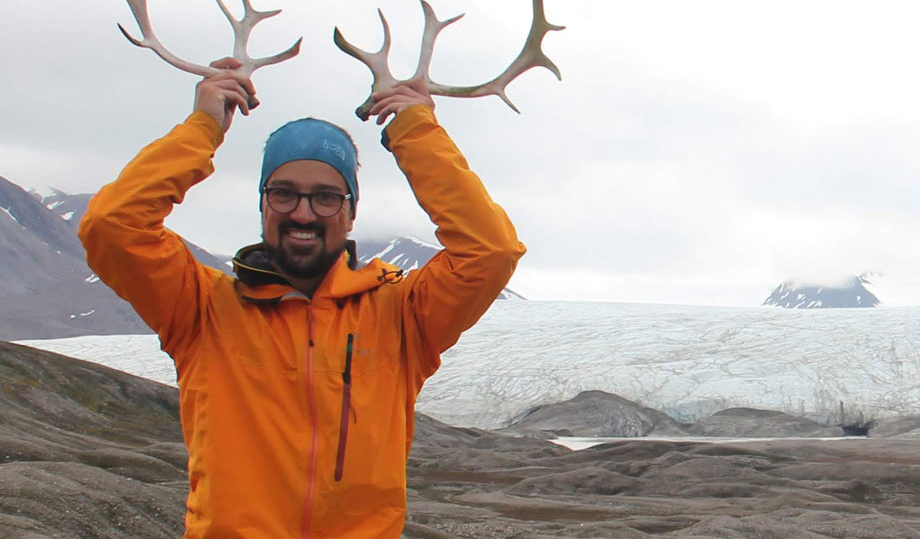
In high alpine regions, ice keeps loose debris masses together. Alessandro Cicoira computes the influence of climate on rock glaciers as part of his PhD thesis.
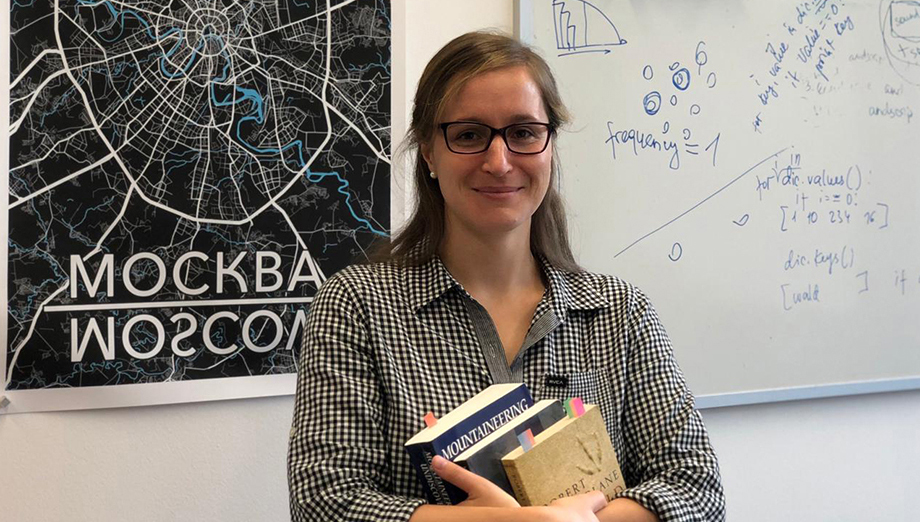
What is the contribution of sounds to the way people perceive landscapes? Using automatic text analysis methods, Olga Koblet tries to answer this question in her PhD thesis.
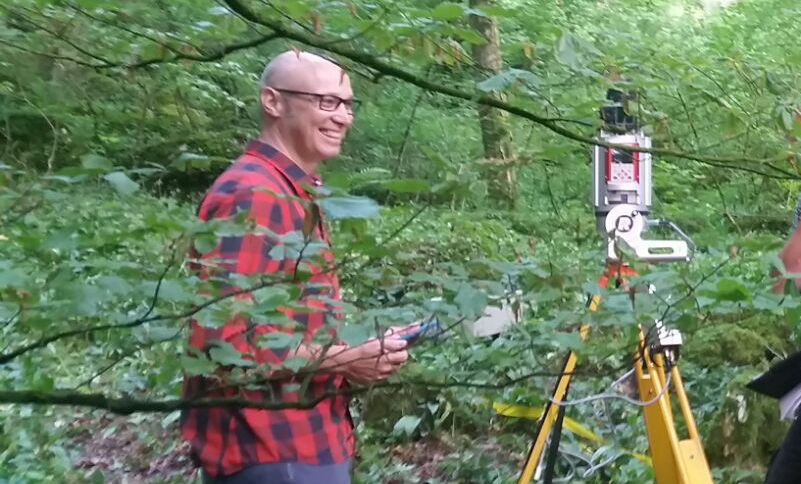
The structure of the forest as one of the keys to biodiversity: The studied oceanograph Felix Morsdorf uses 3D laser scanning to measure every single tree.
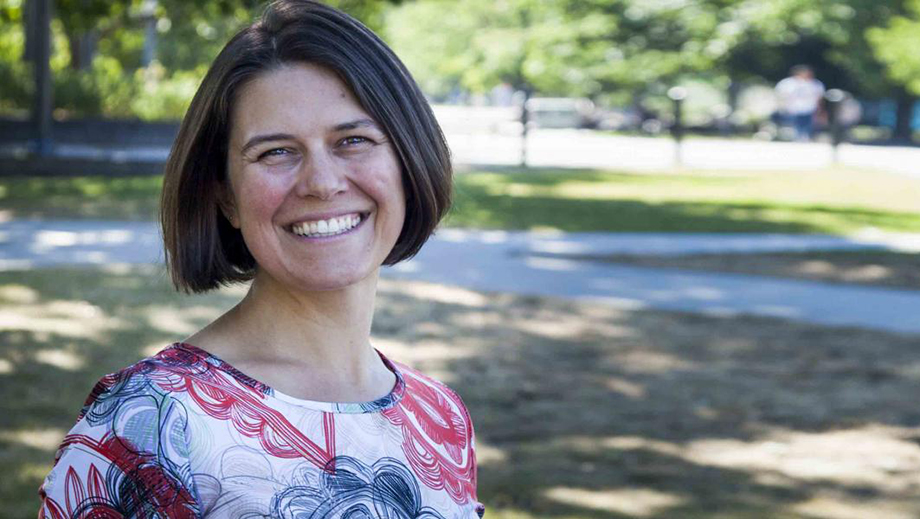
What's your relationship with nature? Why is it important to you? Mollie Chapman interviews people in such distinct places as the Swiss National Park, the Tibetan plateau or in Malaysia.